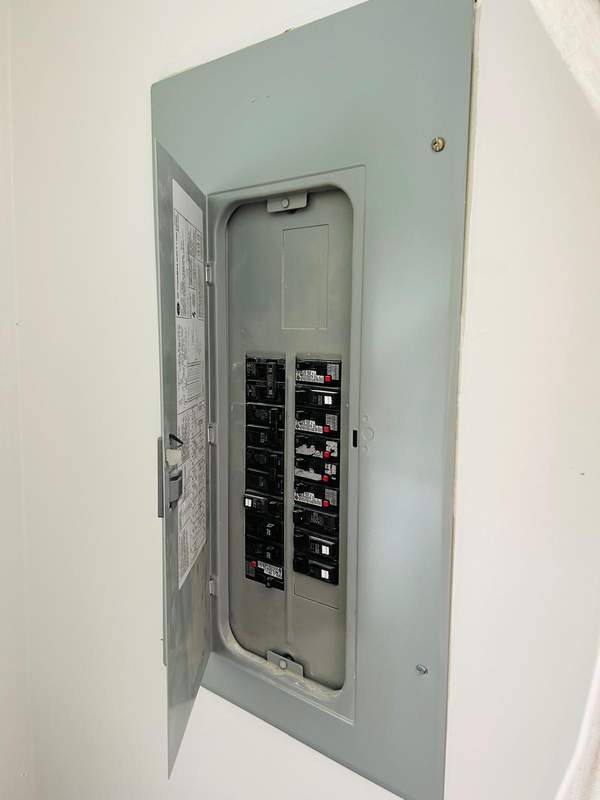As a homeowner, understanding your electrical panel can seem daunting. Yet, it’s a critical component of your home’s safety and functionality. Whether you’re experiencing frequent circuit breaker trips or simply want to ensure your system is up to code, decoding your electrical panel is essential. As home inspection professionals, we are here to guide you through the process, offering expert insights and practical advice.
Understanding Your Electrical Panel
Your home’s electrical panel, often referred to as a breaker box or fuse box, is the central hub for your electrical system. It distributes electricity to various circuits throughout your home. A typical panel consists of circuit breakers, each controlling a separate circuit. Here’s what you need to know:
- Amperage Rating: Most residential panels are rated for 100 to 200 amps. Ensure your panel meets your household’s electrical demands to avoid overloading circuits.
- Labeling: Clearly label each breaker with the corresponding area or appliance it controls. This will save time and prevent confusion during troubleshooting or emergencies.
- Space for Expansion: Verify that there’s room to add more circuits if you plan on expanding or renovating your home.
Safety First: Tips for Homeowners
Safety is paramount when dealing with electrical panels. Here are some essential tips to keep in mind:
- Regular Inspections: Periodically check your panel for signs of wear, such as rust, burn marks, or a warm surface. These could indicate underlying issues.
- Avoid DIY Repairs: Electrical systems are complex and potentially dangerous. Leave repairs and upgrades to qualified professionals who adhere to the National Electrical Code (NEC) standards.
- Keep the Area Clear: Ensure the space around your electrical panel is free from obstructions to allow easy access during emergencies.
Signs It’s Time for a Professional Inspection
If you experience frequent circuit breaker trips, notice flickering lights, or detect a burning smell near your panel, it’s time to call in the experts. These are signs of potential electrical issues that require immediate attention.
In conclusion, understanding and maintaining your electrical panel is crucial for home safety and efficiency. Regular inspections and knowing when to call in professionals can prevent costly repairs and ensure peace of mind. If you’re unsure about your electrical system’s status, consider scheduling a thorough home inspection to identify and resolve any concerns.

